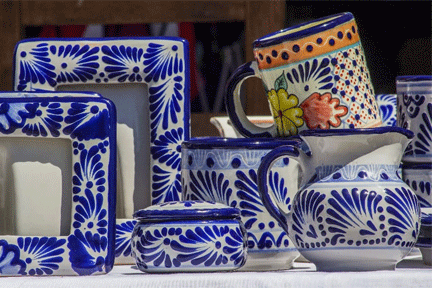What’s in a name? The history of appellations of origin in Mexico
News Category: News and General Discussion
-
Published September 7, 2023
Inexpensive bottles of tequila are ubiquitous in Mexican supermarkets and convenience stores, but you may have noticed that the word “tequila” is nowhere to be found on their labels. You’re much more likely to find licor de agave (agave spirit) printed there. That’s because there are legal restrictions on what products are allowed to use the name “tequila.”
What is an appellation of origin and when did Mexico adopt it?
That restriction is called an appellation of origin (AO), or denominación de origen in Spanish. The concept originated in Europe with the aim of protecting certain highly respected foodstuffs from copying and modernization. The most famous example of this is champagne; officially, the name can only be applied to sparkling wine produced in Champagne, France.
Mexico adopted the concept when it signed onto the Lisbon Agreement for the Protection of Appellations of Origin and their International Registration in 1964. This agreement and a web of related treaties means that participating countries respect each others’ declarations of AO, meaning that “tequila” just about everywhere has similar protection as it does in Mexico.
-


Leave a Reply